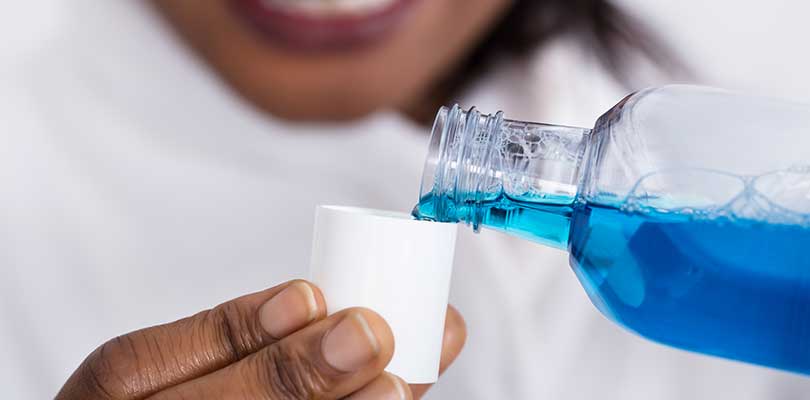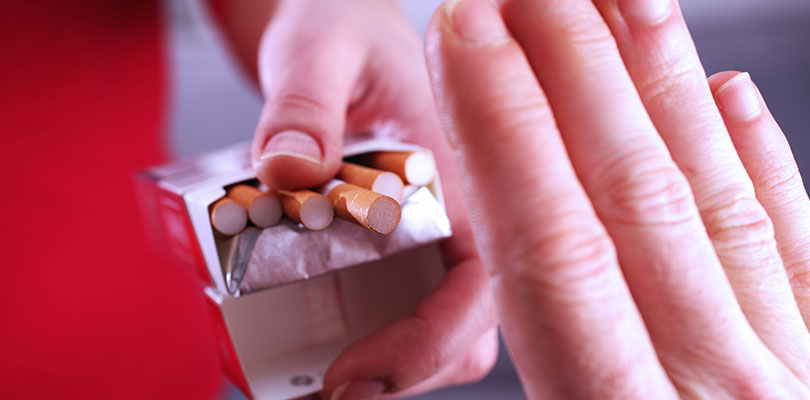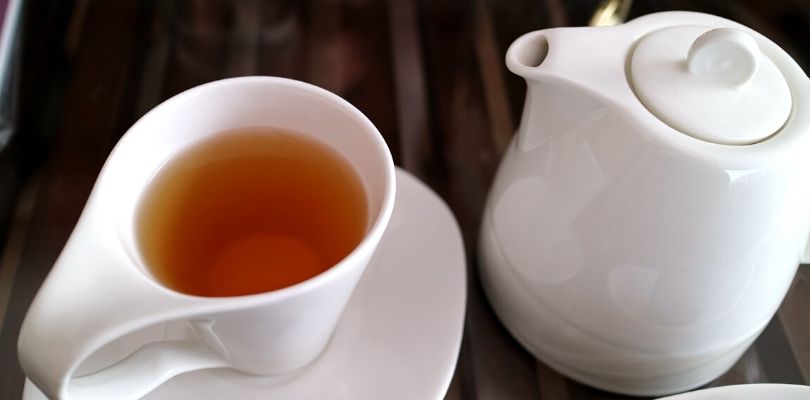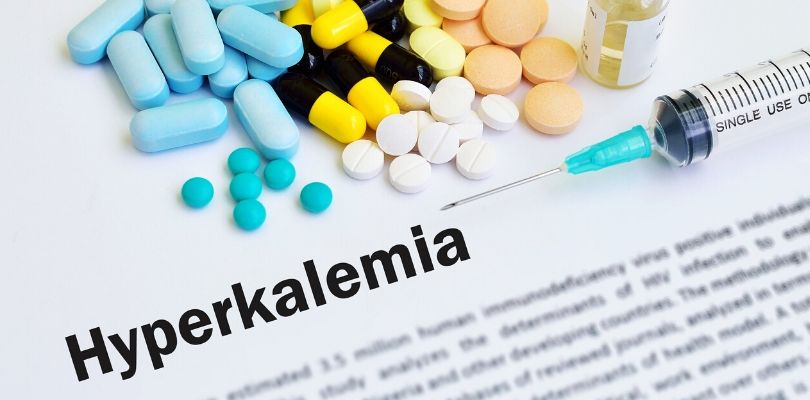Understanding the Benefits of Mouthwash
Everyone has a dental hygiene routine that involves brushing and flossing. It’s hard to forget these things when your dentist reminds you to do so at every visit. Plus, who doesn’t want a healthy smile? But many people often forget about the benefits of mouthwash.
A lot of people use mouthwash, but they may not understand the different types, the benefits, or even the risks of using that minty rinse. As an informed consumer, you need to learn about everything you use and put in your body.
What is Mouthwash?
Let’s start with the basics: mouthwash, sometimes called mouth rinse, is a general term used to describe several products. These over-the-counter or prescriptions items claim to prevent, solve, and treat various problems involving teeth, gums, and breath.
In the local supermarket, an entire section of the oral care aisle is dedicated to mouthwash, with a variety of colors and flavors available. A mouthwash is anything you buy to swish around your mouth or gargle anywhere from several times per day to once per month.
Types of Mouthwash
In the broadest terms, there are two types of mouthwash: cosmetic mouthwash, and therapeutic mouthwash.
Cosmetic mouthwash serves a very specific purpose: it controls bad breath. This type of mouthwash will come in minty or spicy varieties to temporarily cover up an unwanted odor in your mouth with a pleasant scent, but that is all it can do.
Cosmetic mouthwashes serve no other purpose and use no special ingredients to benefit your oral health. You can think of cosmetic mouthwashes as mint in liquid form.
Therapeutic mouthwash, on the other hand, is loaded with active ingredients to perform tasks like improving bad breath, fighting gingivitis, reducing plaque, and limiting tooth decay.
Some of the most common active ingredients in mouthwash are:
- Cetylpyridinium chloride: Frequently added to avoid smelly breath.
- Essential oils: Reduce the formation of plaque and prevent gingivitis.
- Chlorhexidine: Like essential oils, it helps reduce plaque and prevent gingivitis. This ingredient is only available with a prescription.
- Fluoride: Helps slow the progression of tooth decay.
- Peroxide: Used to make teeth appear whiter.
Benefits of Mouthwash
With the numerous types of mouthwash, many people can find a product that benefits their situation or helps accomplish their goal. You might benefit from mouthwash if you have a condition like:
- Dry socket: A common, but painful effect after oral surgery can be prevented completely or treated with mouthwashes, especially those with chlorhexidine.
- Bad breath: Food, bacteria, and plaque all contribute to bad breath.
- Plaque and gingivitis
- Dry mouth
- Yellow, brown, or otherwise stained teeth
- Tooth pain
As always, it is necessary to match the type of mouthwash with the result you are looking to achieve. Any mouthwash will help if you are only looking for a momentary burst of freshness, but if you are looking for a mouthwash to target gingivitis or gum/periodontal disease, one with chlorhexidine or essential oils will be a good option.
Stick to mouthwashes with peroxide for whitening, and fluoride for decay. Be sure to consult with your dentist to decide if an over-the-counter option is suitable for your needs, or if something more potent matches your condition. There are many benefits of mouthwash, but you need to find the right one for your needs.
Most people who smoke understand the serious health risks involved, but why is it so hard to quit smoking? Learn how and why to quit smoking here.
The Potential Downside of Mouthwash
In many situations, using mouthwash is healthy. Why else would your dentist recommend it?
There is a growing concern, though, that using mouthwash might not be such a good idea. In fact, some believe that mouthwash could actually be causing harm in your mouth.
The mouthwash naysayers claim the following:
Mouthwash Messes with Your Bacteria
Mouthwashes have the ability to kill a lot of bacteria in your mouth. The problem is that you need some of that bacteria.
Just like there are good and bad bacteria in your gut, there are good and bad bacteria in your mouth. Good bacteria are related to fewer cavities, less risk for gingivitis, and better breath.
Mouthwash Dries Your Mouth
When the compounds left in your mouth from toothpaste combine with the compounds in mouthwash, it creates a dry and uncomfortable feeling. Your mouth needs moisture from natural saliva production to help fight cavities.
Mouthwash Doesn’t Cure Bad Breath
For many, bad breath is a major concern. People who routinely rely on mouthwash to mask their breath are only putting a bandage on a broken leg. Rather than covering up the problem, you should consider consulting with a professional about the cause and solution to your bad breath.
Use the Best Options
There are a variety of natural mouthwashes that are becoming more popular. They have many of the benefits of traditional mouthwash without any of the associated risks. Ask your dentist about the risks and benefits of mouthwashes and check into natural choices.
With a little experimentation and patience, you can find an option that fits your needs.







